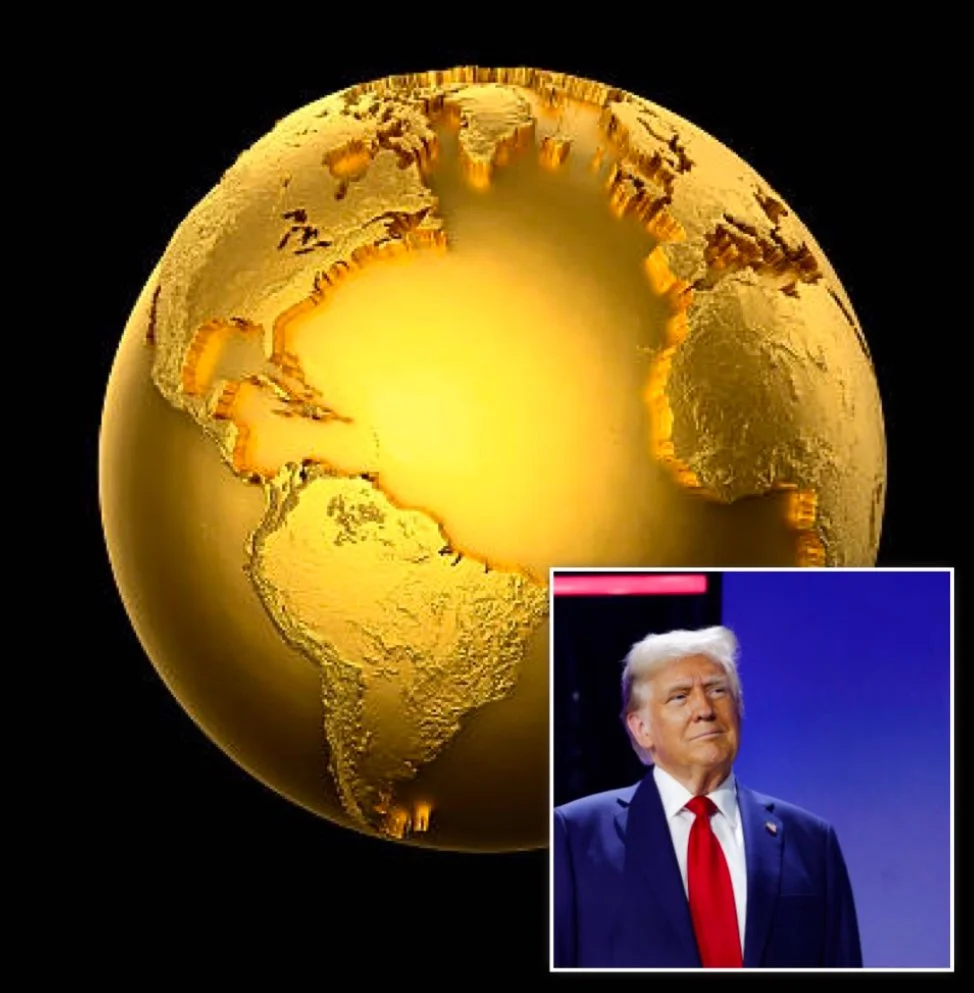What does Kash Patel Appointed as FBI director mean to democrats
Introduction
The appointment of Kash Patel as FBI director by President-elect Donald Trump represents a significant shift in leadership for America’s premier law enforcement agency, with potentially far-reaching implications for the United States:
Controversial Background and Loyalty to Trump
Kash Patel, a 44-year-old former Trump administration official, is known for his fierce loyalty to Trump and his controversial stance on various issues. His nomination has sent shockwaves through Washington, prompting outrage from Democrats and even some former Trump officials.
Proposed Changes to the FBI
Patel has outlined several drastic changes he intends to implement at the FBI:
Restructuring: He has proposed closing the FBI headquarters in Washington D.C. and redistributing its personnel across the country.
‘Deep State” Purge: Patel has vowed to rid the government of perceived “conspirators” against Trump.
Aggressive Tactics: He has suggested aggressively pursuing government officials who leak information to reporters and changing laws to make it easier to sue journalists.
Potential Implications
Political Weaponization: Critics fear Patel’s appointment could lead to the FBI being used as a tool for political retribution.
Institutional Upheaval: His proposed changes could result in significant disruption to the FBI’s operations and structure.
Intelligence Gathering: Patel has talked about disentangling the FBI’s intelligence-gathering operations from its other functions, which could impact national security efforts.
Confirmation Challenges
Patel’s nomination faces several hurdles:
Senate Confirmation: He will need to be confirmed by the Senate, where he is likely to face deep skepticism, even from some Republicans.
Current FBI Director: Christopher Wray, the current FBI director appointed by Trump in 2017, still has three years left in his 10-year term.
Broader Implications
The nomination of Patel reflects Trump’s desire for a radical transformation of government law enforcement and intelligence agencies. It also signals a potential shift in how the FBI operates and its relationship with the executive branch, raising concerns about the agency’s independence and its role in American democracy.
Conclusion
Patel’s appointment as FBI director, if confirmed, could lead to significant changes in the agency’s structure, operations, and focus, with potential ramifications for law enforcement, national security, and the balance of power in the U.S. government.






